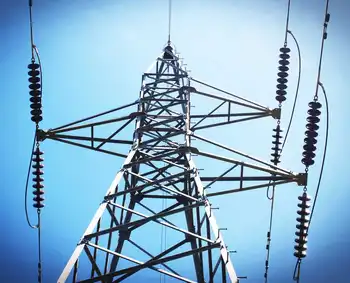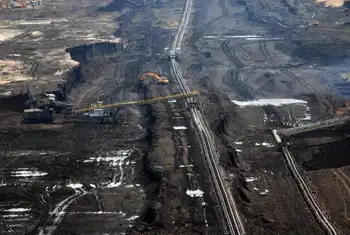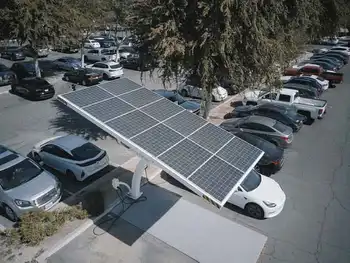Egypt takes offers for nuclear project
CAIRO, EGYPT - Egypt will begin taking bids in February to build the country's first nuclear reactor, the state-run news agency reported.
Egyptian President Hosni Mubarak announced plans for the nuclear power project last year, saying it would diversify Egypt's energy resources and preserve the country's oil and gas. He said the reactor would be for peaceful, power-generating purposes only and that Egypt would not seek a nuclear bomb.
The project is expected to cost between $1.5 billion and $1.8 billion.
"The type of reactor and its constructor will be chosen according to international safety standards and reputation as well as costs," MENA quoted Abdel Mohsen Morsi Metwalli, director of nuclear engineering at Alexandria University, as saying. "The offer is open to all countries."
After Mubarak's announcement in October, State Department spokesman Sean McCormack said the United States would not object to the program as long as Egypt adhered to the nuclear Non-Proliferation Treaty and International Atomic Energy Agency guidelines.
Earlier this month, Egypt said it plans to build the reactor at El-Dabaa on the Mediterranean coast west of Alexandria. Electricity Minister Hassan Yunis has said the project could take 10 years to develop.
During a December visit to Egypt, French President Nicholas Sarkozy expressed France's willingness to assist Egypt in the nuclear field.
Egypt has conducted nuclear experiments for research purposes on a very small scale for the past four decades at a reactor northeast of Cairo, but they have not included the key process of uranium enrichment, the IAEA says.
Related News

UK families living close to nuclear power stations could get free electricity
LONDON - UK Business Secretary Jacob Rees-Mogg has endorsed a French-style system that sees people living near nuclear power stations receive free electricity.
Speaking at an event organised by Policy Exchange think tank, Jacob Rees-Mogg said: “Nuclear power is just fundamental. There’s no way we can get to net zero, or even have an intelligent electricity strategy, without nuclear.”
Highlighting that this was his view and not a government policy announcement, he said: “We should copy the French. As I understand, if you live near a nuclear power station in France, you get free electricity and that’s great because then, I’ll have…




